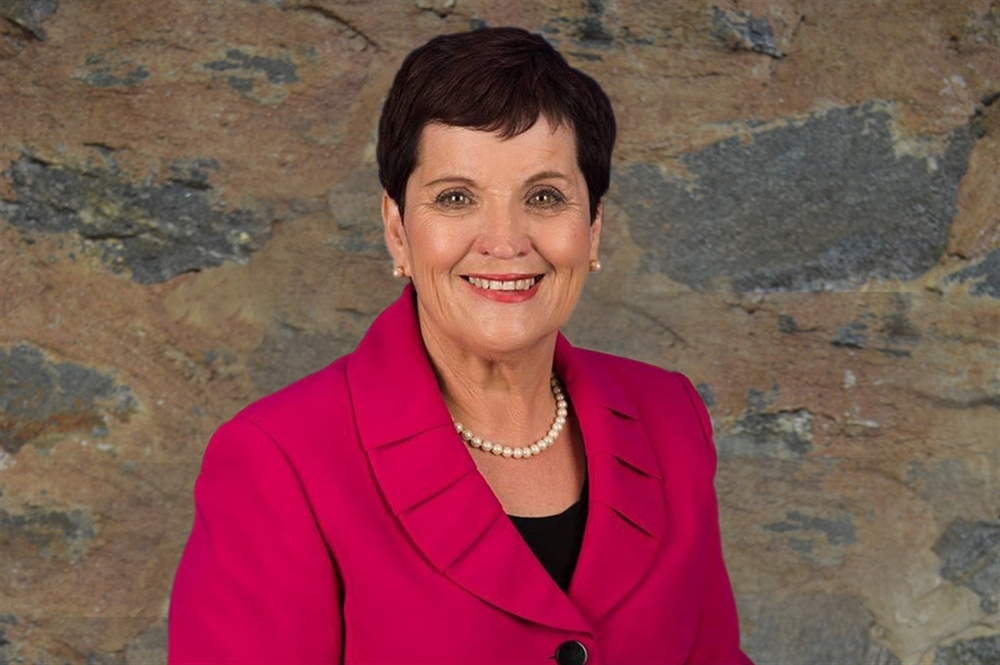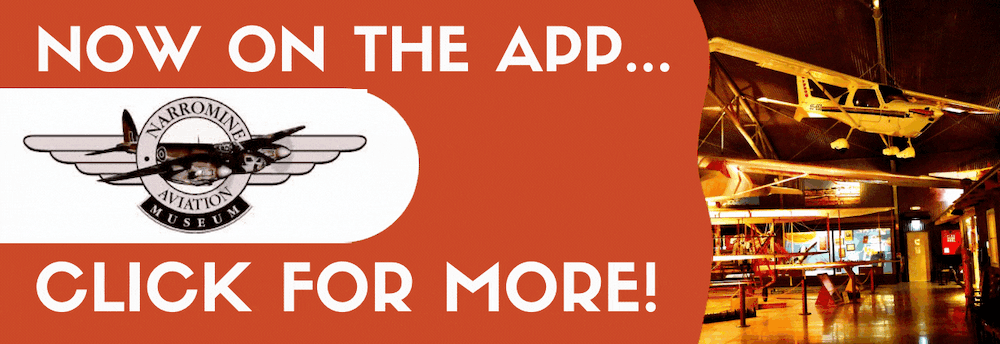Rate rise approved for seven local councils
Lee O'Connor
20 June 2022, 8:18 PM
 Councils struggling to balance their budgets and manage increasing workloads have welcomed the approval to increase their rates.
Councils struggling to balance their budgets and manage increasing workloads have welcomed the approval to increase their rates.SEVEN local councils are among 86 across the state who received the go ahead yesterday from IPART to increase their rates by up to 2.5%.
The Bogan, Coonamble, Gilgandra, Lachlan, Walgett, Warren and Warrumbungle shire councils had all requested modest increases between 1.8 and 2.5% when the Independent Planning & Regulatory Tribunal (IPART) provided an opportunity for a special rate variation earlier this year.
"Each year we calculate a rate peg which sets how much councils can increase the revenue they collect from rates," said Tribunal member Deborah Cope.
“The latest rate peg was determined in the low inflation environment at the beginning of the COVID-19 pandemic."
This year's rate peg was set at a minimum of 0.7%, with some further increases allowed in councils with growing populations, however the rate peg was lower than many councils expected and many councils struggled to find a way to balance their budgets and complete important works – including repairs to roads damaged by flooding and prolonged wet weather.
“Since then, high inflation and global uncertainty increased councils’ costs. Some councils have demonstrated that without additional funds they will not be able to deliver the projects they have already consulted on and included in their budgets,” Ms Cope said.
“We were careful to balance the need of councils to maintain the services and investment they had already committed to against the need to keep rates affordable for the community,” said Ms Cope.
While strongly welcoming IPART's announcement, Local Government NSW (LGNSW) President and Broken Hill Mayor Darriea Turley said the fact that three quarters of the state's councils needed to seek the special rate variation exposed the dire financial situation created by IPARTs initial decision to cap rate rises at 0.7% in the first place.
"The 0.7% cap - the lowest baseline rate cap in more than two decades – was handed down in the face of surging inflation, soaring fuel and commodity prices, and the need to repair extensive damage caused by the Black Summer bushfires and the recent floods," Cr Turley said.
“Without this, many councils would have been forced to choose between cuts to jobs or roads maintenance, parks, libraries and other community infrastructure and services.
Cr Turley said this special rate variations announced today were still extremely modest, coming in at around half the current inflation rate and one third of the Reserve Bank’s predictions of 7% inflation by December.
“Councils are the closest level of government to the community, and we know firsthand that individuals and local businesses in our communities are doing it tough.
“That’s the very reason why we all agreed to share that burden and keep rate rises as low as possible," she said.

President of Local Government NSW, the association representing local councils, Darreia Turley says that the rate variations are necessary. PHOTO Broken Hill City Council.
“Responsible budgeting meant we were and are prepared to share the burden on our communities – but that burden should not include the prospect of cutting jobs, services and spending on infrastructure critical for our local economies.
“Today’s rate variation approvals mean that councils can get back to the core business of delivering the services and critical infrastructure communities and economies need."
The approved special variations for western plains councils are as follows:
- Bogan Shire Council 2.0%
- Coonamble Shire Council 2.0%
- Gilgandra Shire Council 2.5%
- Lachlan Shire Council 1.8%
- Walgett Shire Council 2.0%
- Warren Shire Council 2.5%
- Warrumbungle Shire Counciil 2.5%



